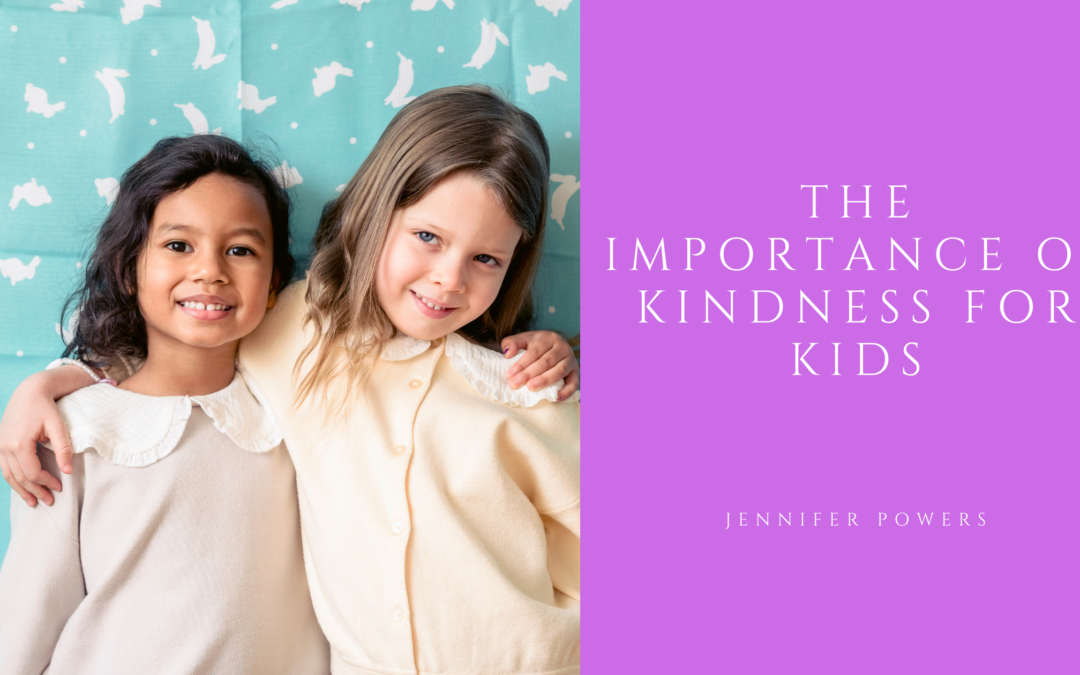Teaching children to be kind is an essential value. It’s far more than a social development skill to teach them how to get along with others. In fact, it should be considered more of a developmental milestone.
Many studies have been done on the physiological, psychological, and sociological benefits of teaching children to be kind.
Here are just some of the many benefits of teaching children to be kinder.
- Children learn to be happier. Kids who both give and receive during social interactions, who learn to get along with others, feel happier. Acts of kindness activate areas of the brain associated with pleasure.
- Children understand the value of empathy. Kids who learn how to be kind develop empathy. They understand how other people feel and act accordingly.
- Children experience enhanced health and well-being. Since kids feel happier after performing an act of kindness, such as letting another child play with their toys, they feel less stress in social situations. This, in turn, enhances their health.
- Children feel a sense of belonging. Kids who are kind feel a sense of belonging, whether it is with their family, playing with their peers, or in a classroom. This sense of belonging also creates a tremendous effect on their feelings of self-worth.
- Children are less likely to feel isolated and depressed. Acts of kindness increase serotonin levels, a natural mood-enhancing chemical. Serotonin is released not only by someone performing an act of kindness but also by a person receiving it. Additionally, it even increases in someone who is simply witnessing an act of kindness.
- Children become more resilient. Kids who noticed that their feelings of anger and frustration upset others around them feel more concerned about other people than themselves. The fall or disappointment initially felt becomes less of an issue for them.
- Children appreciate what they have. Kids who notice others, particularly other kids who are less fortunate begin to feel a sense of gratitude.
Conclusion
Parents and teachers who teach their children to be kind and considerate, mindful of how their behavior affects others, are doing far more than simply educating children on how to get along in society. They are also nurturing children in many ways to be happier.
